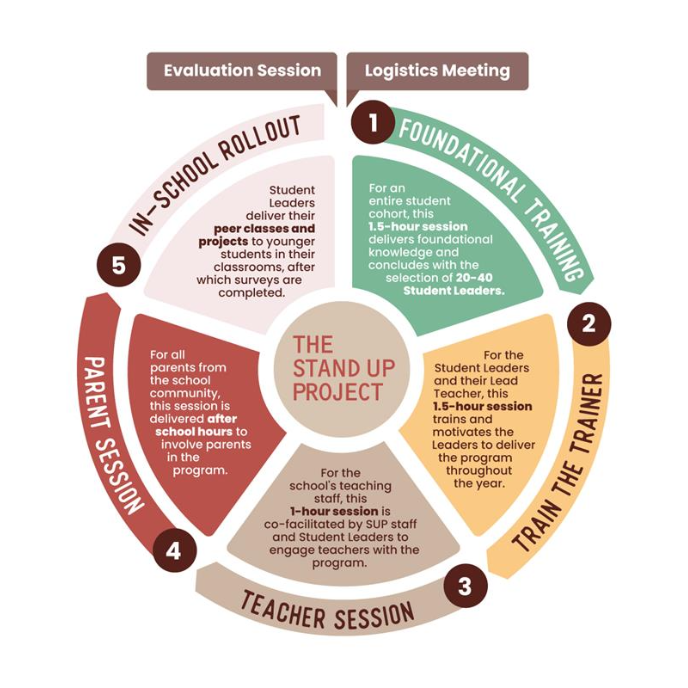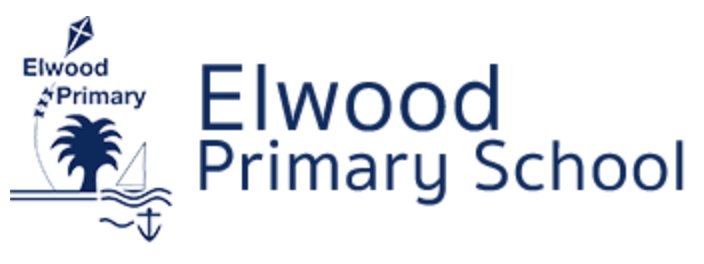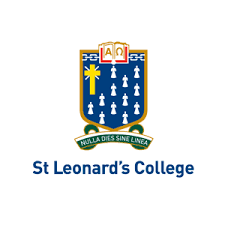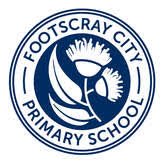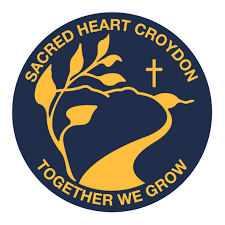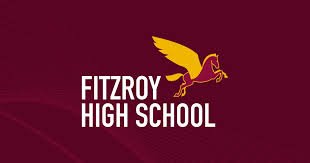Whole School Upstander Program: Student Voice, Agency, and Leadership.
The Stand-Up Project (SUP) is designed for both primary and secondary school students.
SUP is a whole-school program aimed at reducing discrimination, harassment, and bullying through student voice, agency, and leadership.
Typically, a senior year level is educated on the causes and impacts of poor behaviour and how to be an Upstander using the Four D approach (Direct, Delay, Delegate, and Distract). Students then volunteer to become SUP Student Leaders. These leaders then collaborate to identify key issues within their school and develop class plans and projects to promote Upstander behaviours.
SUP student leaders work closely with SUP facilitators to co-present Upstander sessions for teachers and families.
They also lead classes for younger students, ensuring that the program is driven by students and tailored to their school community’s needs.
In addition to the five in-person sessions, SUP offers a variety of resources and ongoing support for students, teachers, and parents, ensuring the entire school community remains engaged and committed to improving behaviours.
Building Confidence, Empathy, and Social Responsibility through Student Leadership
At the heart of The Stand-Up Project (SUP) is a simple idea: students have the power to lead real change. When we give them the tools, confidence, and opportunity to step up, they don’t just learn how to respond to bullying - they build the kind of leadership skills that stay with them for life. They become more empathetic, more courageous, and more capable of shaping the school community around them.
The SUP student leadership experience goes well beyond traditional anti-bullying education. Instead of just telling students what not to do, SUP helps them build a positive, proactive culture through teamwork, planning, and real action. Students are supported to lead change - shaping the social climate of their school and setting the example for others. At its core, our Upstander training is about courage, critical thinking, and leading with kindness.
What Makes SUP Student Leadership Training Unique?
The Stand-Up Project isn’t like other behaviour change programs. Students don’t just sit and listen—they lead. They take the driver’s seat in shaping school culture by identifying what’s really going on in their school and creating action plans that make sense to them and their peers.
Some of the standout features of our student leadership training include:
Student-Led Initiatives
SUP Student Leaders lead awareness campaigns, design inclusive classroom activities, and lead interactive discussions with younger students.
Peer Influence
Evidence shows that younger students are far more likely to engage with culture change when it’s led by their peers.
Collaborative Leadership
Our student leaders work together to create their class plan and collaborate in teams to deliver their message across the school throughout the year. Along the way, they practise real leadership - communication, problem-solving, delegation, and teamwork—skills that help them grow as leaders both in and beyond the classroom.
Real-Life Application
Each program is tailored to a school’s unique strengths and challenges. SUP activities are hands-on and grounded in those lived experiences. Student leaders don’t just plan ideas—they step up, teach, and take action, creating real, lasting change in their school and wider community.
Developing a Culture of Upstanding
SUP’s upstander training for students is built around the well-known Four D approach - Direct, Delay, Delegate, and Distract. These strategies give students a range of safe, practical options to step in based on the situation, their confidence, and their role within the group.
It’s not about forcing one “right” response—it’s about giving students the tools to take action in ways that feel safe and achievable. Over time, this creates a more connected, inclusive school culture—where harmful behaviours are not only less likely to happen but are recognised and addressed earlier and more effectively when they do.
Broader Impact on School Communities
The impact of The Stand-Up Project goes well beyond our student leaders. SUP brings the whole school community—teachers, staff, and families—into the process. When students lead the change and adults actively support them, school-wide transformation becomes not only possible but powerful.
Staff Development
We provide teachers with practical resources and training that help embed Upstander values into everyday classroom life, making respectful behaviour part of the school’s culture—not just a lesson.
Family Engagement
Parents are invited to participate alongside students, often through co-presenting or structured dialogue. This helps bridge school and home, reinforcing the message that kindness and courage matter everywhere.
Sustained Change
SUP’s ongoing resources, check-ins, and evaluation tools are designed to keep the momentum going. We support schools to track progress, revisit goals, and adjust strategies as needed - so the work doesn’t stop once the workshop ends.
Long-Term Student Benefits
SUP’s student leadership training doesn’t just teach school-specific strategies - it builds lifelong skills that students carry into adulthood and beyond.
Clear, Confident Communication
Our student leaders practise speaking with intention to peers, staff, and families - learning to advocate, explain, and lead with clarity.
Empowered Decision-Making
SUP fosters critical thinking and personal judgement—students learn to make choices they’re proud of, even under pressure.
Empathy and Emotional Intelligence
By recognising others’ perspectives and taking action to support them, students become more emotionally aware and socially responsible.
Resilience and Confidence
Our leaders leave the program with the courage to speak up, step in, and support others - no matter the setting.
At its heart, The Stand-Up Project transforms students into capable, compassionate leaders ready to create change - not just in schools, but in communities everywhere. Through upstander training and real student leadership, we’re helping build the next generation of inclusive, empathetic changemakers.
Frequently Asked Questions
-
SUP is designed for whole-school participation, with a special focus on empowering student leaders.
Here’s how it works:
All students in a selected year level (e.g. Grade 5/6 or Year 7) begin by participating in foundation sessions. These sessions teach the core concepts of bullying prevention, leadership, and Upstander strategies.
From this group, SUP Student Leaders are nominated - either by teachers or peers, or through an application process. These students then receive additional training and take the lead in delivering lessons to younger students, running school initiatives, and even presenting to staff and parents.
Teachers and school staff also participate through professional learning sessions and co-facilitating alongside students.
Parents and carers are invited to dedicated sessions to support consistent messages at home.
In short, SUP is open to all members of the school community, but it puts students in the driver’s seat—because meaningful culture change starts with them.
-
Absolutely not. SUP is open to any student who is willing to participate and make an impact. The student leadership training is structured to develop leadership skills so students grow throughout the experience.
-
SUP consists of five core in-person sessions, with added workshops, planning meetings, and support materials. The overall duration will vary based on school calendars and student projects.
-
The Stand-Up Project provides comprehensive support to schools before, during, and after program delivery.
This includes:
Planning & Logistics Support: We work closely with school leadership to tailor delivery dates, session structures, and student selection based on your school’s unique needs.
In-Person Facilitation: Our expert facilitators run engaging, age-appropriate sessions with students, staff, and families.
Leadership Resources: SUP Student Leaders receive lesson plans, activity guides, and presentation tools to help them succeed.
Staff & Parent Engagement: We offer dedicated teacher and family sessions to ensure a consistent, whole-school approach.
Evaluation Tools: We provide surveys, reflection activities, and end-of-year evaluation reports to measure impact.
Ongoing Communication: Our team remains available throughout the year to troubleshoot, adjust content, and offer guidance.
-
The Four D strategies—Direct, Delay, Delegate, and Distract—are versatile tools students can use based on context. Whether it is intervening directly, distracting from a harmful act, or seeking adult help, students learn how to act without putting themselves at risk.
-
Students often report greater confidence, stronger communication skills, a deeper sense of community, and increased empathy for others. These are valuable skills that support both their academic growth and personal development. Teachers and principals also frequently report a noticeable reduction in bullying and other disruptive behaviours. You can hear directly from them in our testimonial video.
A few of the incredible schools and organisations we’ve had the privilege of working with:


